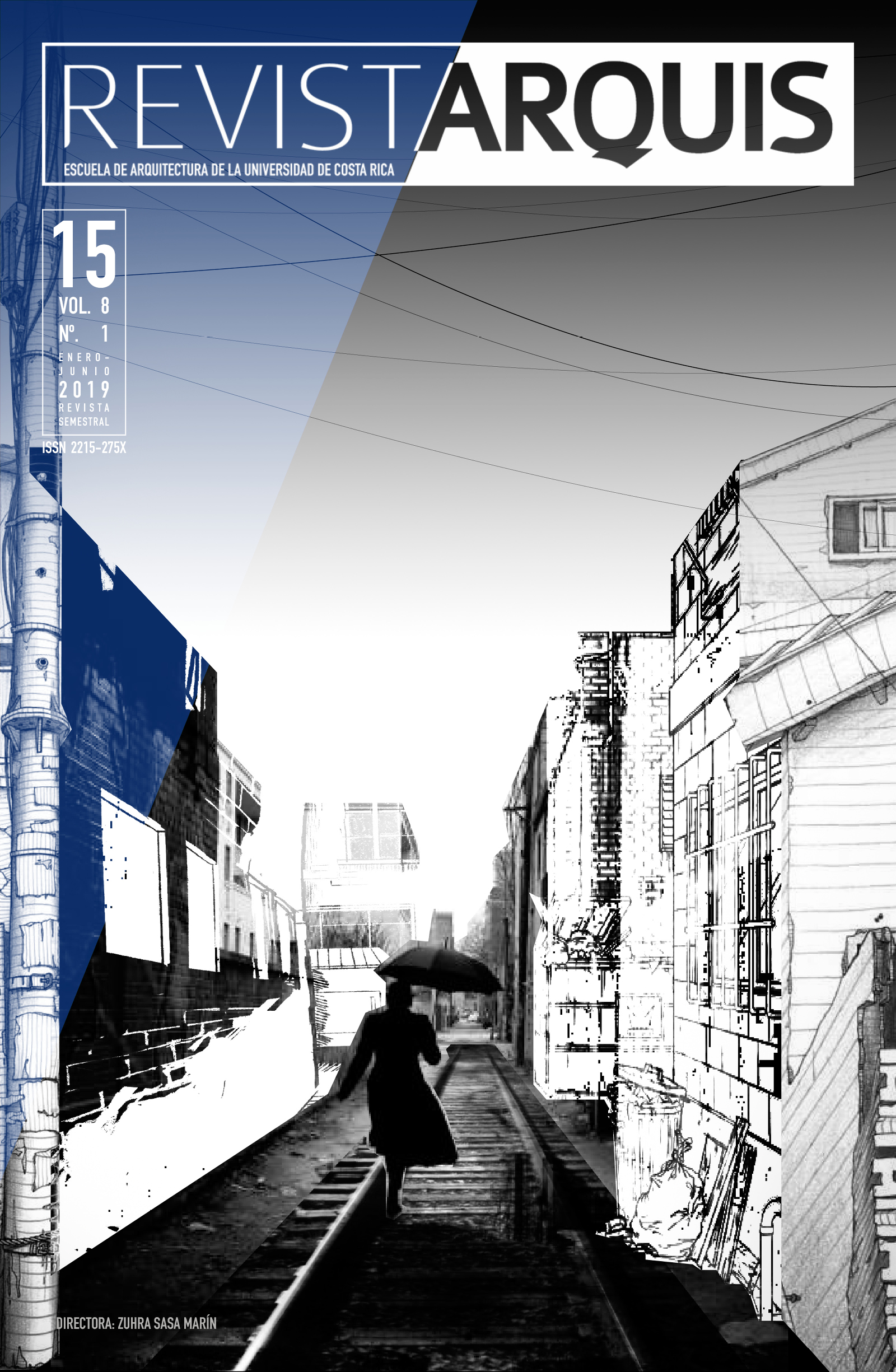Abstract
One of the main factors that conditions the daily life of a neighbourhood or city is accessibility. The accessibility depends on many factors such as design or uses, but mainly on the complexity of the citizens’ relationships in the urban space. Therefore, to talk about urban accessibility is to talk about urbanization and even more, about the city as a social product. Accessibility has to be considered as a human right to have the possibility of entering, transiting and staying in a place, in a safe, comfortable and autonomous way. Citizens’ quality of life is conditioned by the quality of the urban public space where they usually develop their activities. The analyses carried out to evaluate the public space with an accessible perspective should be based on a systemic approach
that analyses the problems of the public space as a whole and not of the isolated components. Today it is about considering and organizing these relationships based on the adequate functioning of the public space from the various networks that make accessible the urban Territory This article reflects on the theoric and methodologic results of the doctoral thesis: “The City as a social product. Construction of accessible public space”, within the doctorate program Geography, Territorial Planning and Environmental Management at the Faculty of Geography and History of the University of Barcelona.
Keywords: city; public space; universal accessibility; urban mobility.

